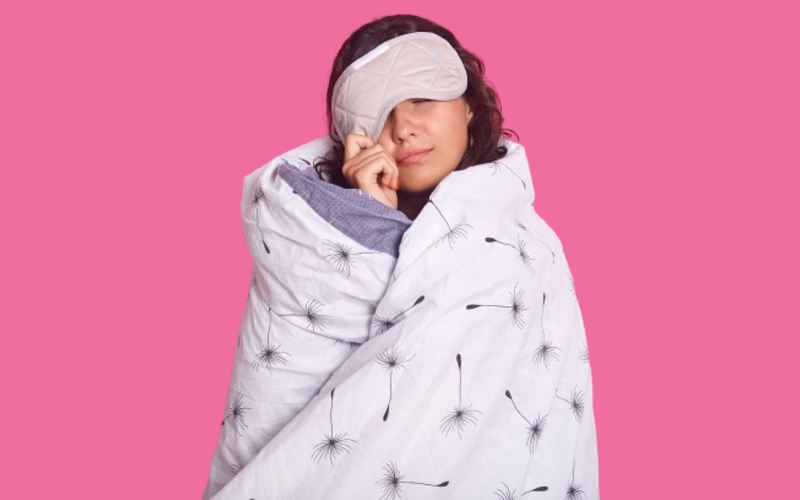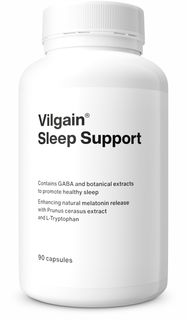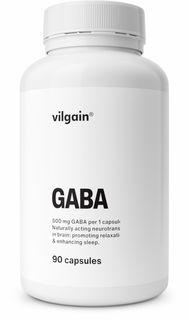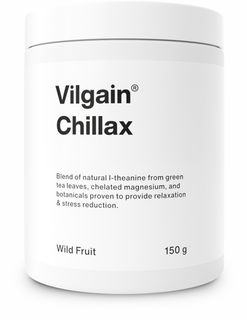Sleep Aids
Sleep is an essential part of human life, the quality of which determines overall physical and mental health. Whether you're trying to put on muscle, lose a few pounds, maximize your performance or just live healthier, you can't do it without quality sleep.
Dietary supplements and vitamins for sleeping
Thestress and daily hustle and bustle of modern life brings with it the risk of poor sleep quality and thus overall satisfaction. Appropriate sleep supplements can help with acute sleep problems:
- melatonin, known as the sleep hormone, is released in the human body with the onset of darkness. Its supplementation can extend and improve sleep quality, especially useful for so‑called jet‑lag. An alternative is the substance tryptophan, from which melatonin is formed in the body (NOTE: melatonin is considered a medicinal product at doses over 0.5 mg per day);
- cbd oil is a safe substance that is synthesised from cannabis. According to studies, CBD can reduce cortisol levels in the body and has a positive effect on the sleep cycle;
- herbs are a traditional natural way to promote sleep quality. Some of the most well‑known herbs include lemon balm, valerian and chamomile. These and other herbs can be found in our tea Vilgain Sleep Tea;
- vitamins and minerals are an often overlooked solution to sleep problems. Adequate intake of Magnesium, vitamin D, iron, potassium, vitamin B6 or calcium.


How to prevent sleep problems?
Dietary supplements for sleep can help with acute sleep deprivation or problems falling asleep. In the long term, however, it is advisable to ensure good overall sleep hygiene. It is important for a good night's sleep to:
- a regular sleep schedule with a sleep duration of between 7‑9 hours;
- suitable environment - darkness, silence, lower temperature, fresh air;
- regular physical activity and sex;
- limit blue light in the evening;
- limit caffeine in the late afternoon;
- limit eating and drinking in the evening.
In addition to following these rules, a regular routine can also help with quality sleep to help with relaxation. This routine can include evening meditation, yoga soothing music, reading a book or a warm bath.








